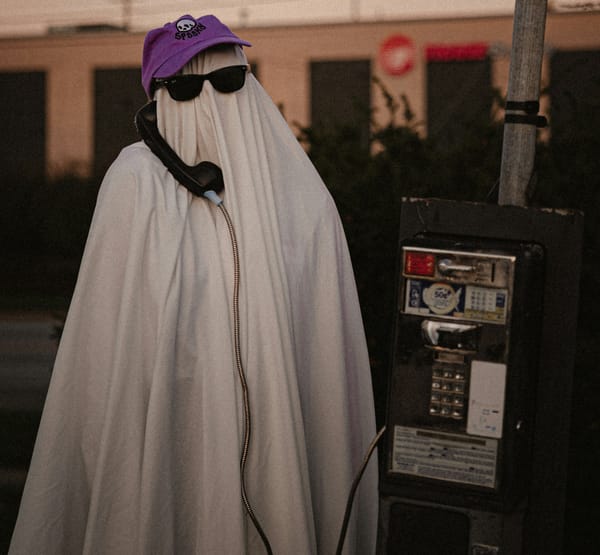The Twitter Files and Government Censorship: Unraveling the Social Media Tangle

The release of the Twitter Files and subsequent revelations about government involvement in social media moderation have ignited a fervent debate about the role of government in regulating online content. This article aims to dissect the complex relationship between social media platforms, particularly Twitter, and government entities, exploring the implications for freedom of speech and censorship.
The Twitter Files: A Brief Overview
The Twitter Files refer to a series of internal communications within Twitter, reportedly unveiling instances of government influence over content moderation decisions. These documents, which gained public attention, suggest that certain government entities may have exerted pressure on Twitter to moderate or censor specific content, raising concerns about free speech and the potential overreach of government powers in the digital sphere.
Government Censorship and Social Media Platforms
- Allegations of Influence: The allegations that government agencies may have influenced content moderation on platforms like Twitter have sparked concerns about the integrity of social media as a space for free expression. Critics argue that any form of government involvement in content moderation could lead to censorship and a chilling effect on speech.
- Transparency and Accountability: The Twitter Files have underscored the need for greater transparency and accountability in how social media companies make decisions about content moderation. The potential influence of government bodies on these processes raises questions about the independence of these platforms and their commitment to upholding free speech principles.
- Balancing Act: Social media companies are often caught in a difficult balancing act. On one hand, they face pressure to curb misinformation, hate speech, and harmful content. On the other, they must safeguard the principles of free expression and resist undue influence, whether from government entities or other powerful groups.
Conclusion
The revelations from the Twitter Files have brought to the fore critical questions about the role of government in the digital public square. While the need to regulate harmful content on social media is widely acknowledged, the extent of government involvement in these processes must be carefully scrutinized. Ensuring that social media remains a platform for free and open dialogue, while safeguarding against misinformation and abuse, is a nuanced and challenging task, requiring a collaborative approach that respects both safety and freedom.





